
Pet parents looking to give their cats the occasional veggie treat may wonder if cats can eat carrots. While carrots are a safe option for your feline family member, you’ll want to know the potential risks and benefits before giving this vegetable to your cat.
Learn more about how to safely share carrots with your cat.
Yes, cats can eat carrots. Carrots are a safe vegetable for cats to snack on and are not considered toxic to cats, but they should only be given as occasional treats.
Cats are obligate carnivores, which means they require animal products in their diet to meet their nutritional needs. Additionally, if your cat is eating a diet approved by the Association of American Feed Control Officials (AAFCO) for their life stage, all their nutritional needs are being met by their normal cat food. Your cat’s balanced diet should make up at least 90% of their daily calories. Any treats, including carrots, should not comprise more than 10% of your cat’s daily caloric intake.
Carrots are a good source of fiber, which can help with your cat’s digestion. Fiber improves stool quality in cats.
Cats are also a great source of the following vitamins and minerals:
Carrots also contain the antioxidant beta carotene, which can be helpful with cognitive function, as well as skin and eye health.
If you’ll be feeding carrots to your cat, make sure you’re cooking and slicing them correctly to make them more digestible and to reduce the risk of choking.
Here's how to properly prepare carrots for your cat:
Feeding too many carrots can impact the balance of your cat’s diet, so they should only be given as an occasional treat.
Other risks include:
If your cat already has any chronic health conditions, such as diabetes, you should speak with your veterinarian before adding a new food to your cat’s diet.
Not all cats will like carrots, and that’s okay. If your cat turns up their nose at carrots, and you still want to find a vegetable snack for them to enjoy, consider one of these alternatives:
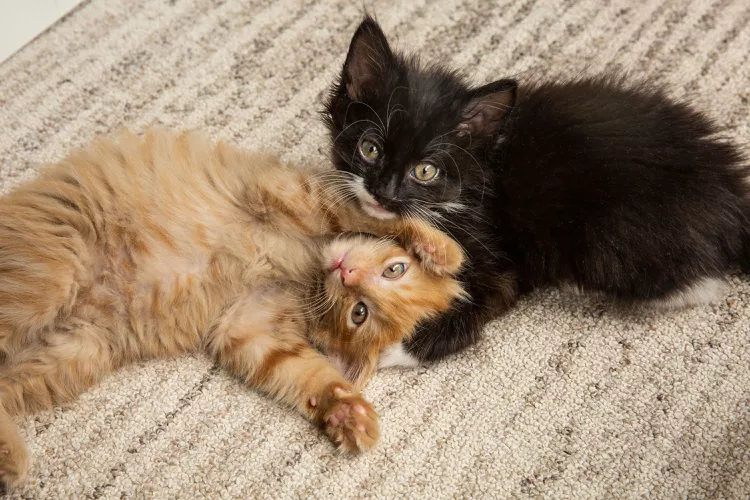
Why Two Kittens Are Better Than One
There are benefits of adopting two kittens, such as more feasible training and companionship between them.
Everything You Need to Know About Raising Your First Cat
Whether you are thinking about getting a cat or just adopted your first one, these are the things to know to make your relationship a lasting one.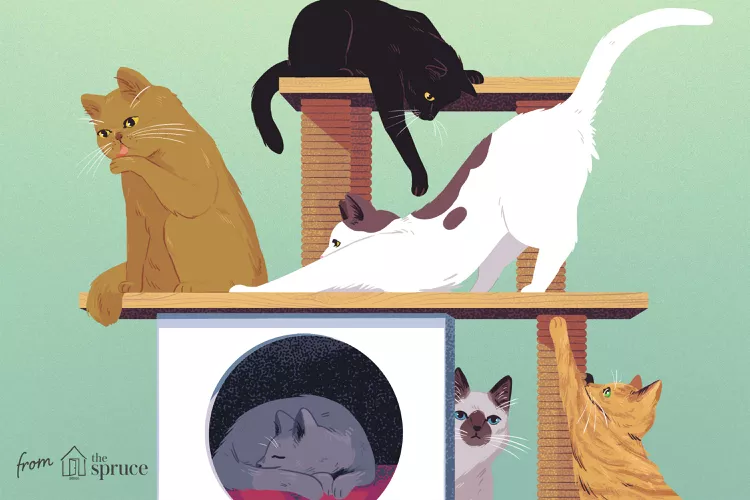
How Can I Tell the Sex of a Cat?
Telling male and female cats apart can be difficult for those who don't know what they're looking for. Here are helpful tips to discover their sex.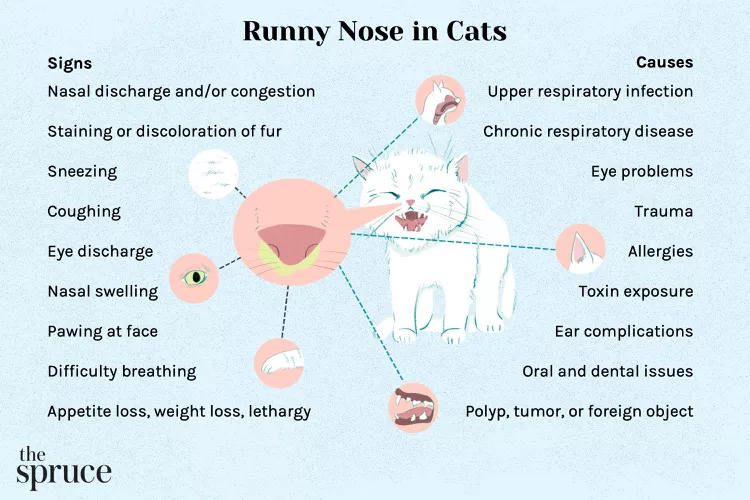
Runny Nose in Cats: Causes and Treatment
Cats get runny noses due to upper respiratory issues, but many conditions can cause this. Learn the causes of runny noses in cats and the associated signs. Find out how vets diagnose and treat cats with runny noses.
How Long Can You Safely Leave Canned Cat Food Out?
You cannot safely leave canned cat food out all day. Twenty to 30 minutes is the max, so give smaller portions and reheat food for later feedings.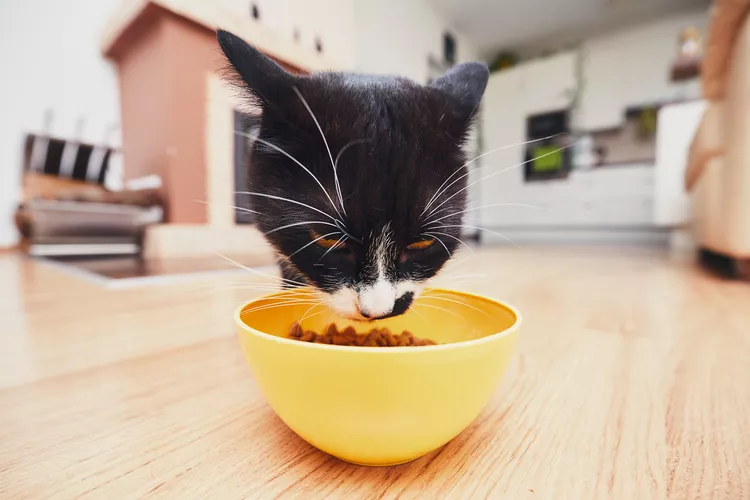
Meat Byproducts in Cat Food
Most cat experts recommend premium brands of cat food that avoid ingredients like byproducts and chicken meal. Learn what to look for on the label.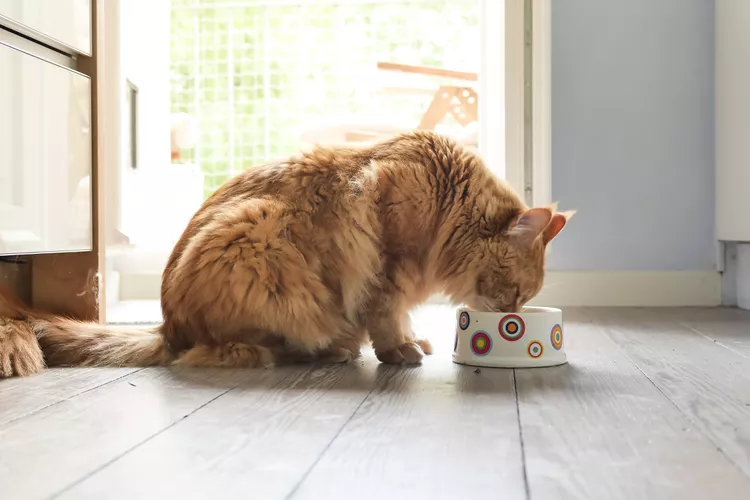
How Much Wet Food to Feed a Cat Every Day
The amount of wet food your cat needs depends on factors such as age, weight, body condition, and lifestyle. Learn how much wet food to feed your cat.
Taurine for Cats
Taurine is an essential animal protein in your cat's diet. Learn more about the various ways it supports your feline's body.
The Different Types of Pet-Friendly Workplaces
Discover the different types of pet-friendly workplaces and the benefits they offer employees. Learn how to create a pet-friendly workplace and the best practices for pet owners.
8 Halloween Safety Tips for Pets
The spooky holiday can be overstimulating and even dangerous for pets. Here's how to avoid the problems caused by toxic candy and incessant doorbells.
Why You Should Keep Cooked Bones Away From Your Dog This Holiday Season
People should be aware of the dangers of cooked bones, especially around the holidays when they might be more accessible to your pup.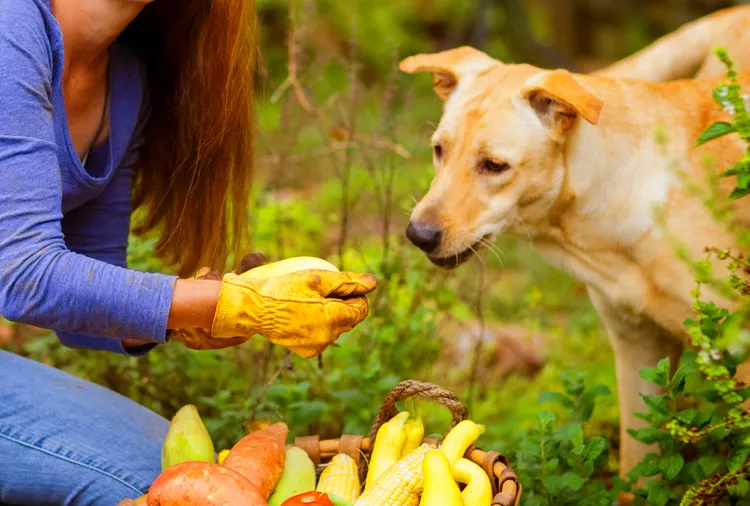
Can Dogs Eat Squash? Here's What a A Vet Thinks
Dogs can safely eat squash as long as it's prepared correctly. Find out how to properly feed this versatile fruit to your dog.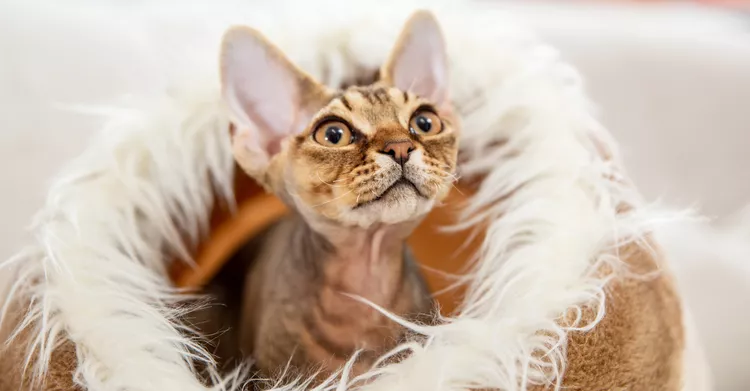
16 Small Cat Breeds That Are Petite Purring Machines
Small cat breeds like the Singapura and munchkin may be smaller than an average housecat, but they leave a giant imprint on your heart.
10 Best Cats With Big Ears
Cats with big ears often look extra endearing. Check out some common big-eared cats, including the Abyssinian, Devon Rex, Siamese, Sphynx, and more.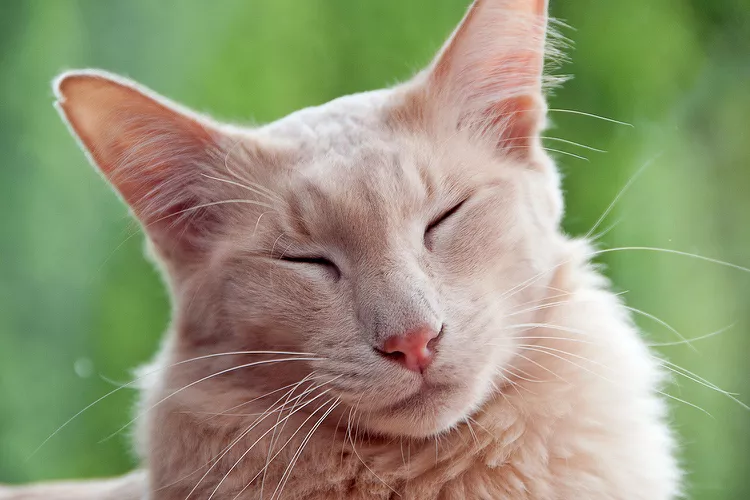
Javanese (Colorpoint Longhair): Cat Breed Profile, Characteristics & Care
The Javanese is a semi-longhaired, color-pointed cat of Siamese type. They are related to the Siamese, Colorpoint Shorthair, and Balinese breeds.
How to Stop Aggression in Dogs
Dog aggression can be a serious behavior issue for pet owners. Learn how to stop aggression in dogs before someone gets hurt.
Should Dogs Be Allowed on Furniture?
Should you let your dog on the couch or in the bed with you? Are there any reasons we should not let dogs on the furniture? Here's what to know.
Why Do Dogs Eat Rocks?
One of the most common non-food items for dogs to eat are rocks. Here's what to know about why dogs eat them and how can you stop your dog from eating rocks.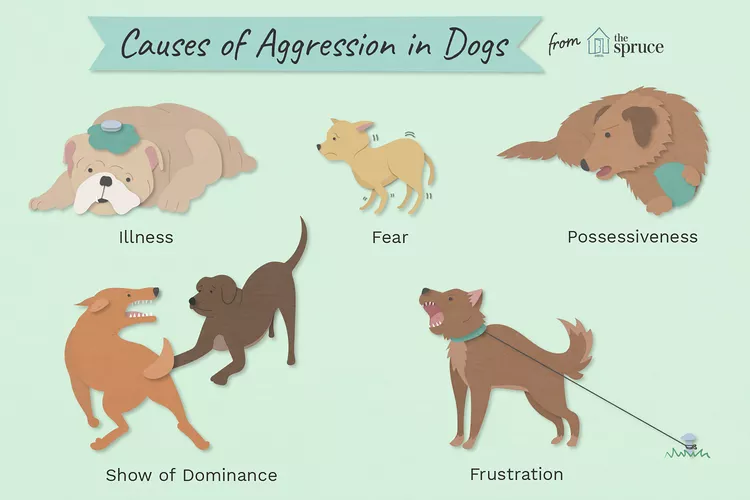
Why Dogs Get Aggressive and How to Stop It
Why is your dog biting you aggressively? Sometimes dogs can become aggressive with little warning. Find out what causes your dog to become aggressive so you can work with the behavior.
Thai Ridgeback: Dog Breed Characteristics & Care
Learn all about the Thai Ridgeback, a rare breed from Thailand. Find out how to care for the loyal dog and where to buy or adopt one.